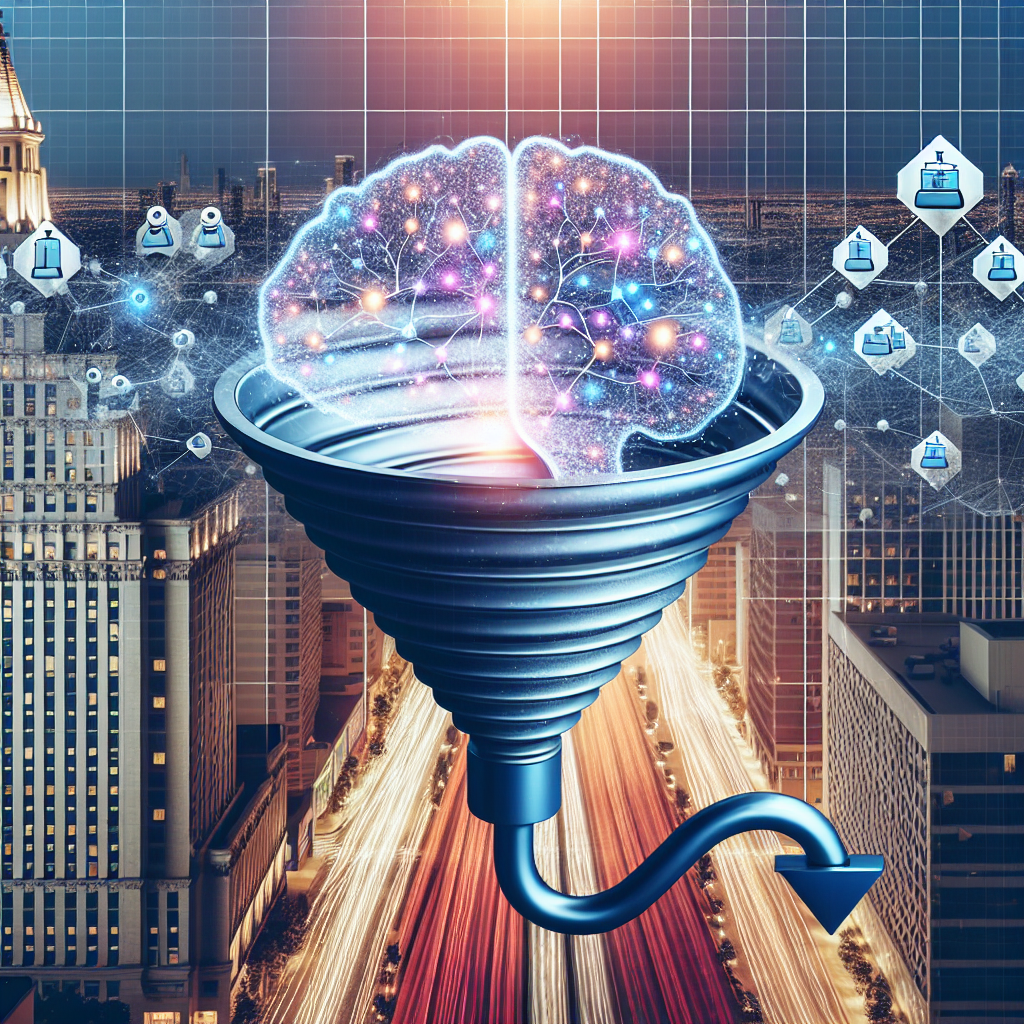Leveraging AI for Predictive Analytics in Hotel Marketing Campaigns
In today’s competitive hospitality industry, hotels are constantly seeking ways to attract and retain customers. One of the most effective ways to do this is through targeted marketing campaigns. By leveraging artificial intelligence (AI) for predictive analytics, hotels can gain valuable insights into customer behavior and preferences, allowing them to tailor their marketing efforts for maximum impact.
Predictive analytics uses historical data, machine learning algorithms, and statistical techniques to forecast future trends and behavior. By analyzing patterns in data such as customer demographics, booking behavior, and online interactions, hotels can predict which customers are most likely to book a room, when they are likely to do so, and what factors influence their decision-making process.
By harnessing the power of AI for predictive analytics, hotels can optimize their marketing campaigns in a number of ways:
1. Personalized Marketing: AI can analyze customer data to create detailed profiles of individual guests, allowing hotels to customize their marketing messages for each customer. By delivering personalized offers and recommendations, hotels can increase customer engagement and loyalty.
2. Predictive Pricing: AI can analyze market trends, competitor pricing, and customer behavior to predict optimal pricing strategies for hotel rooms. By dynamically adjusting room rates based on demand, hotels can maximize revenue and occupancy rates.
3. Targeted Advertising: AI can analyze customer data to identify the most effective advertising channels and messaging for different customer segments. By targeting the right customers with the right messages at the right time, hotels can increase conversion rates and ROI on marketing campaigns.
4. Customer Retention: AI can analyze customer feedback and behavior to predict which customers are at risk of leaving and take proactive measures to retain them. By identifying and addressing customer issues before they escalate, hotels can improve customer satisfaction and loyalty.
5. Demand Forecasting: AI can analyze historical booking data and external factors such as weather, events, and holidays to predict future demand for hotel rooms. By accurately forecasting demand, hotels can optimize inventory management and pricing strategies.
FAQs
Q: How can hotels collect the data needed for predictive analytics?
A: Hotels can collect data from a variety of sources, including booking systems, website analytics, customer feedback, social media, and loyalty programs. By integrating data from these sources into a centralized data platform, hotels can create a comprehensive view of customer behavior and preferences.
Q: How can hotels ensure data privacy and security when using AI for predictive analytics?
A: Hotels should implement robust data privacy and security measures to protect customer data from unauthorized access or misuse. This includes encrypting data, restricting access to sensitive information, and complying with data protection regulations such as GDPR.
Q: How can hotels measure the success of their predictive analytics initiatives?
A: Hotels can measure the success of their predictive analytics initiatives by tracking key performance indicators such as revenue growth, customer retention rates, conversion rates, and ROI on marketing campaigns. By analyzing these metrics over time, hotels can assess the impact of AI on their business performance.
Q: What are the potential challenges of implementing AI for predictive analytics in hotel marketing campaigns?
A: Some potential challenges of implementing AI for predictive analytics in hotel marketing campaigns include the complexity of AI algorithms, the need for high-quality data, and the requirement for skilled data scientists and analysts. Hotels may also face resistance from employees or customers who are skeptical of AI technology.
Q: How can hotels get started with AI for predictive analytics?
A: Hotels can start by identifying their business goals and objectives for using AI for predictive analytics. They should then assess their data infrastructure and capabilities, and consider partnering with AI vendors or consultants to develop a customized predictive analytics solution. By starting small and gradually scaling up their AI initiatives, hotels can leverage the power of AI to enhance their marketing campaigns and drive business growth.
In conclusion, leveraging AI for predictive analytics in hotel marketing campaigns can provide hotels with a competitive edge in today’s fast-paced hospitality industry. By harnessing the power of AI to analyze customer data, predict future trends, and optimize marketing strategies, hotels can increase customer engagement, revenue, and loyalty. By addressing potential challenges and implementing best practices for data privacy and security, hotels can successfully leverage AI for predictive analytics and achieve tangible business results.

